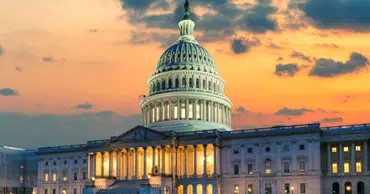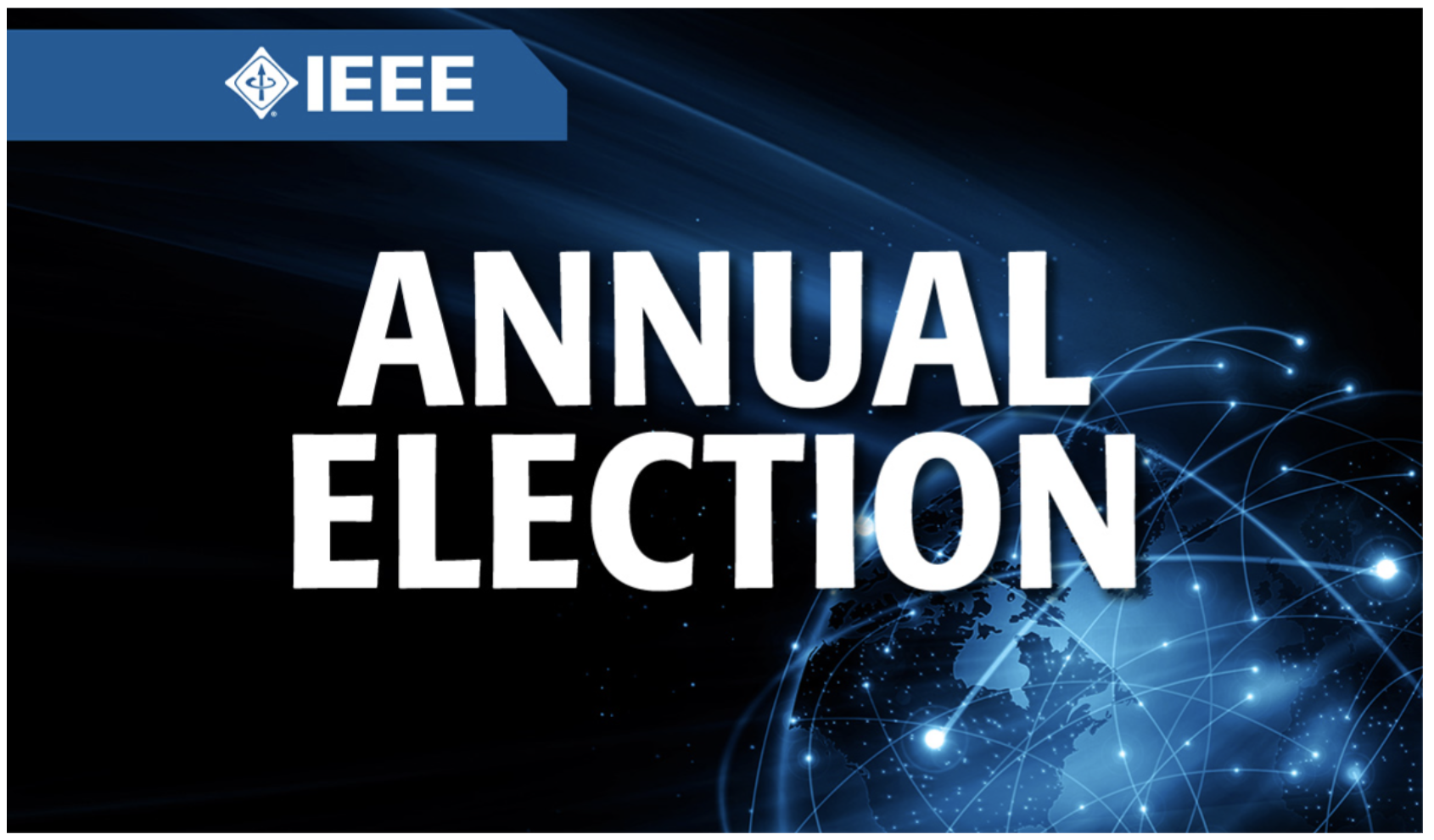
The IEEE Foundation has compiled highlights of the Secure 2.0 Act of 2022 for people near and in retirement.

On 29 December 2022, President Biden signed the Consolidated Appropriations Act of 2023 (HR 2617) into law, which included provisions affecting retirement savings plans intended to build upon the 2019 SECURE Act. These provisions are collectively called the Secure 2.0 Act of 2022 (the “Secure 2.0 Act”).
This legislation builds on the original Secure Act and years of discussion aimed at strengthening the retirement system and an expansion of the rules for qualified charitable donations (QCDs). While the Secure 2.0 Act contains dozens of provisions, the highlights are different depending on where you are in your life cycle.
Important Highlights for People in or Near Retirement:
- The age to start taking the required minimum distribution (RMD) increases to age 73 in 2023 and to 75 in 2033.
- The penalty for failing to take an RMD will decrease to 25% of the RMD amount, from 50% currently and 10% if corrected in a timely manner for IRAs.
- Starting in 2024, RMDs will no longer be required from Roth accounts in employer retirement plans.
- Catch-up contributions will increase in 2025 for 401(k), 403(b), governmental plans, and IRA account holders.
- Defined contribution retirement plans will be able to add an emergency savings account associated with a Roth account.
- IRA account holders 70 ½ and older may still elect to make qualified charitable distributions (QCD) to charitable organizations, like the IEEE Foundation, of up to $100,000 per year. The amount counts toward the RMD and beginning in 2024 this amount will be indexed for inflation.
- Beginning in 2023, the use of the QCD has been expanded to include a one-time gift of up to $50,000, adjusted annually for inflation, to a charitable remainder unitrust, a charitable remainder annuity trust, or a charitable gift annuity.
The Secure 2.0 Act includes close to 100 additional provisions aimed at enhancing Americans’ ability to save for retirement and rewarding those who utilize qualified charitable donations. This legislation can drastically impact you and the organizations you are philanthropically supporting.
It is important to understand how this legislation affects your financial situation. Be sure to consult your financial advisor or tax professional to understand exactly how these changes apply to you.






